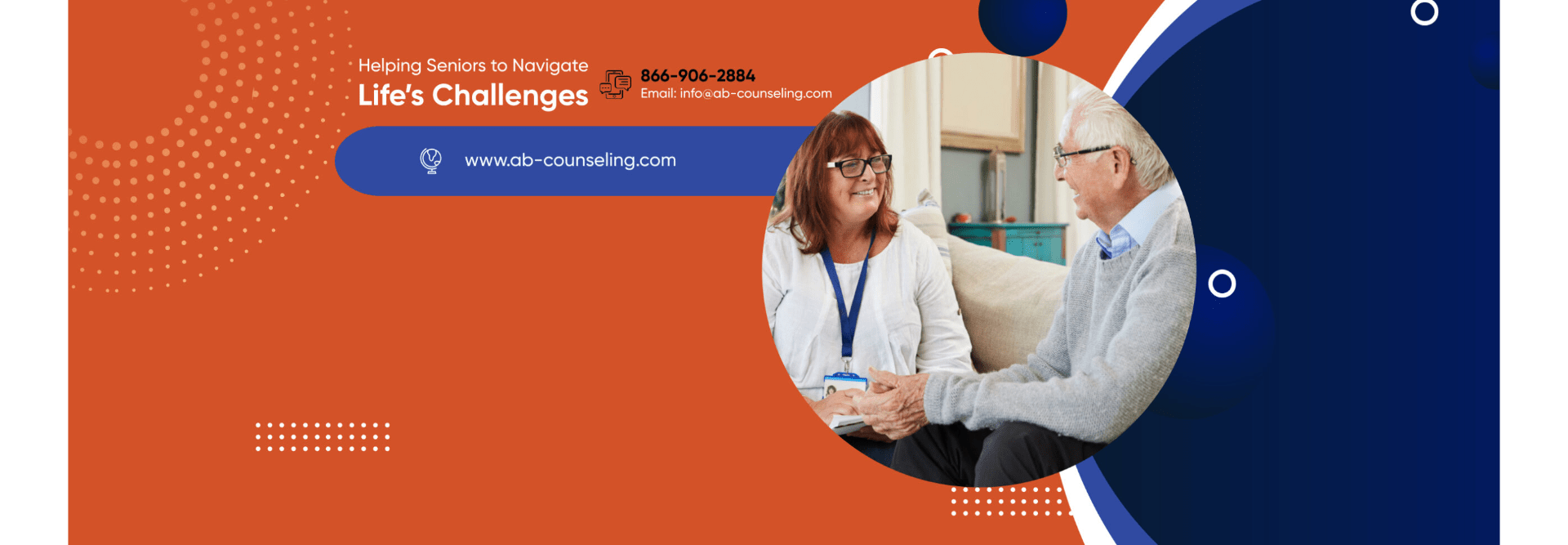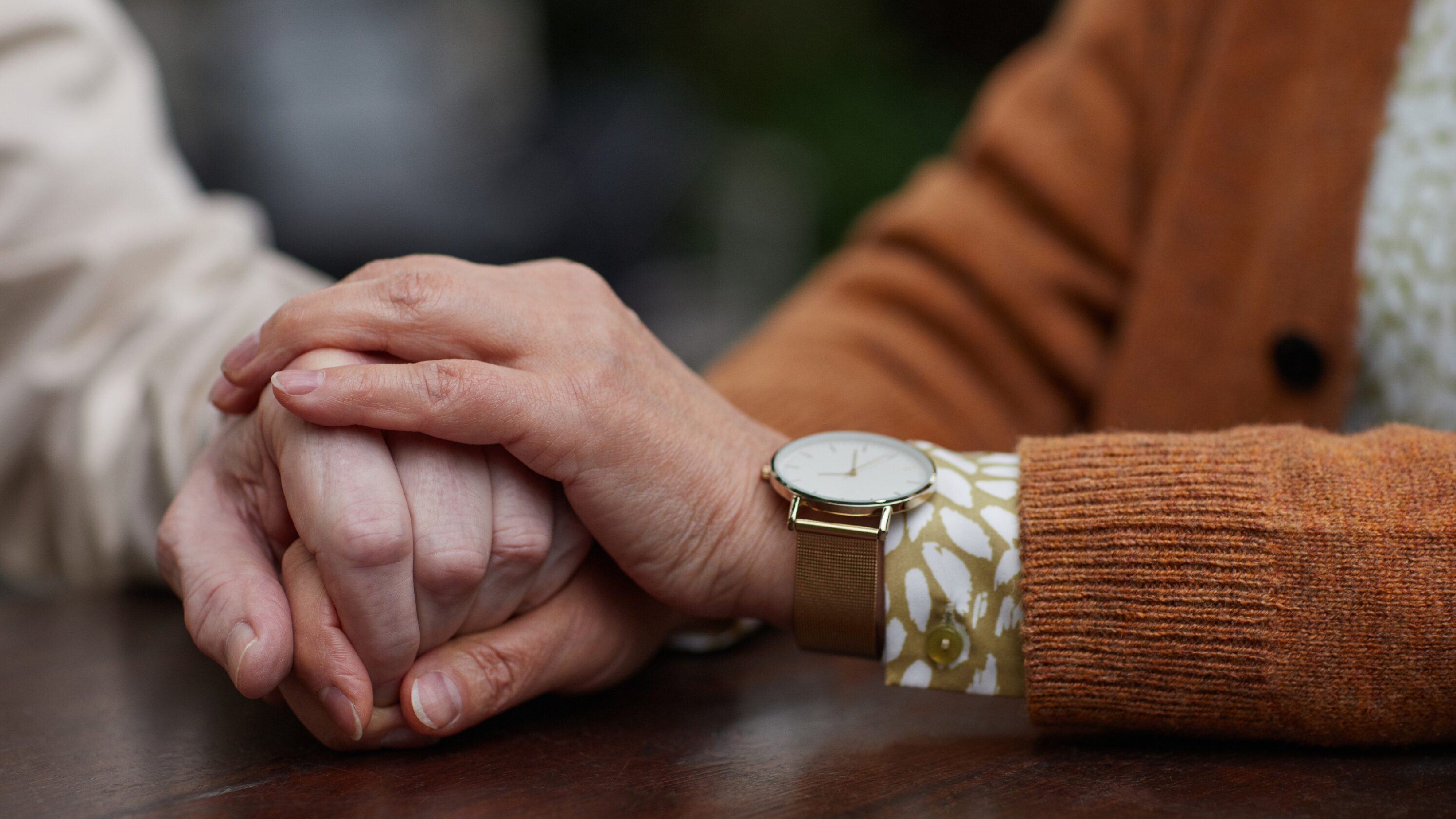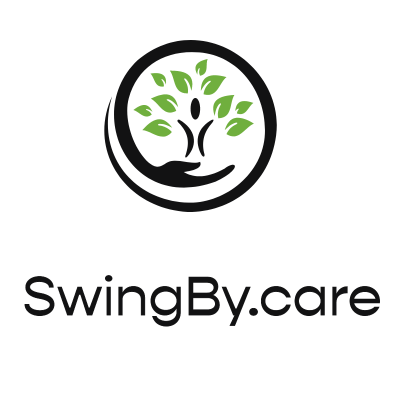The seasons change, summer slips into autumn, and the days grow shorter; with that comes September, which is suicide prevention month. This month brings along with it a profound opportunity for both reflection and action. It’s a great time to raise awareness about the warning signs of suicide and the prevention of suicide.
At Senior Industry Services, we recognize the importance of addressing this sensitive topic, especially for seniors and their caregivers.
The Importance of Suicide Prevention:
Suicide Prevention Month is an essential period to raise awareness of mental health concerns. For seniors, the risk of suicide can be heightened due to various factors such as isolation, chronic illness, bereavement, and loss of independence. Caregivers, too, play a crucial role in this conversation, as they are often the first line of support for older adults.
According to the CDC, seniors (65+) have one of the highest suicide rates of any age group in the United States. The risk is notably higher among older men, who face unique challenges such as physical health issues and social isolation. The issues outlined above can be seen as promoting feelings of hopelessness or despair, increasing the vulnerability to suicidal ideation.
Recognizing the Signs:
The ability to identify warning signs is an essential part of early intervention. Seeking help from a mental health professional may be necessary if these signs persist.
- Persistent Feelings of Hopelessness: A continuous sense of despair or lack of purpose.
- Social Withdrawal: Not engaging in activities they once enjoyed or avoiding social interactions.
- Talking About Death: Expressing a desire to die or making statements about being a burden to others.
- Significant Behavioral or Mood Changes: Noticing sudden changes in behavior, mood, or physical appearance, or prolonged feelings of sadness and depression.
- Physical Symptoms: Such as sleep changes, either sleeping more or less than normal, as well as appetite changes.
For Caregivers:
The impact of caregivers on the lives of seniors is evident, but caregivers can also experience mental health crises. While dedicated and compassionate, they can also experience significant stress and burnout. This stress can affect their mental health and their ability to provide effective support to the seniors in their care. Caregiving can take an emotional toll on one’s health, both mentally and physically. The demands are overwhelming at times; physical exhaustion sets in, anxiety builds up, and feelings of isolation result. Many caregivers have reported that getting a loved one well and continuing to stay healthy tends to override their personal mental health needs. Undeniably, the incessant pressure of knowing physician’s appointments, managing medication, and navigating the various methods of caring for another is enough to overwhelm the best of us. Caregivers must remember to prioritize their well-being and seek support when needed; caregivers need to take care of themselves to care for others effectively.
Warning Signs for Caregivers: feelings of sadness or hopelessness, extreme fatigue, changes in sleep or appetite, withdrawal from social activities, feeling overwhelmed, and irritability.
Neglecting your health won’t allow you to care for the health of another adequately. Seek support, and don’t be afraid to ask for help if you are experiencing any of these symptoms.
The Importance of Caregivers and Seniors’ Mental Health:
Caregivers contribute greatly to the prevention of specific problems, as well as being able to work through them, which include but are not limited to mental health and suicidal ideations. This puts the caregiver in one of the first tiers of support for seniors; as such, it is valuable to understand some intricacies of mental health and suicide prevention. Here are some things you should know that will help you make an effective contribution to preventing suicide.
How Caregivers Make a Difference:
- Open Communication: Create a safe space for seniors to express their feelings. Listening without judgment can help them feel understood and less isolated.
- Encourage Professional Help: If you notice signs of depression or suicidal thoughts, encourage the senior to seek help from a mental health professional. Support them in finding and accessing appropriate resources.
- Promote Socialization: Foster social interactions and connections. Encourage participation in community activities or senior groups to combat isolation.
- Self-Care for Caregivers: Remember that taking care of yourself is crucial. Manage your stress and seek support when needed to maintain your well-being and ability to provide care.
- Educate Yourself: Understanding the specific needs and challenges faced by seniors can improve your ability to provide effective support. Engage in training and educational resources related to mental health and suicide prevention.
- Monitor and Manage Stress: Caregiving can be demanding and stressful. Make sure you take time for your self-care and seek support when needed. Your well-being is crucial for providing the best care.
Resources and Support:
There are numerous resources available for seniors, caregivers, and anyone in need of support:
- National Suicide Prevention Lifeline: Available 24/7 at 988 for immediate support and crisis intervention.
- Mental Health Professionals: Therapists and counselors specializing in geriatric care can provide valuable support and guidance.
- Community Resources: Local organizations and support groups can offer additional resources and assistance tailored to the needs of older adults.
- Elder Suicide Prevention Programs: Many local organizations offer resources specifically for older adults.
Taking Action Together:
Let us make a difference this Suicide Prevention Month in the lives of seniors and caregivers by underlining the importance of awareness, giving support, and seeking professional help. Senior Industry Services offers education, resources, and compassionate care to guide seniors and caregivers. Remember, you are not alone, and there is help out there. This September and every day, let’s stand together in this fight against suicide.
Written for Senior Industry Services by Lauren Hope Bartling









